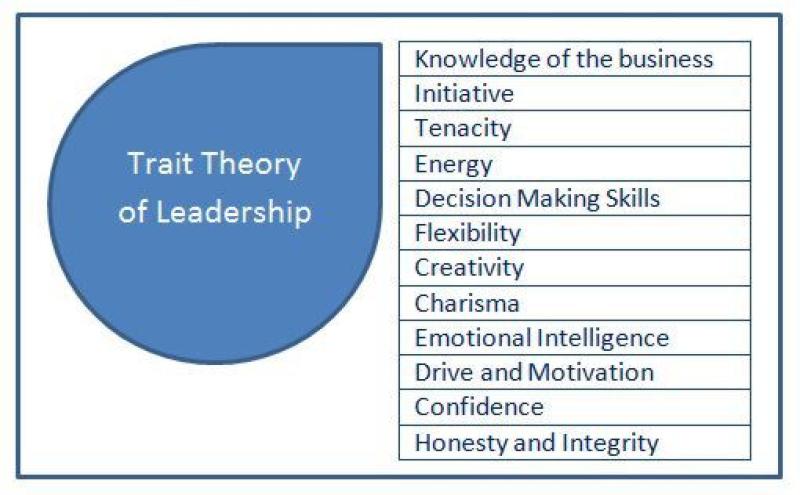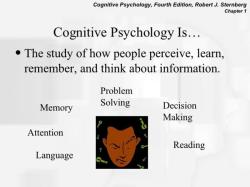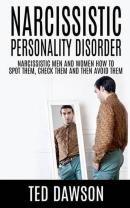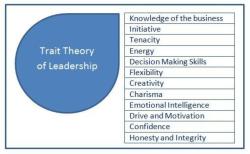What is the trait and factor theory?
The Trait and Factor Theory, also known as the trait-factor theory or the trait-factor counseling, is a career development theory that originated in the field of vocational guidance. It was developed by Frank Parsons, a pioneering figure in the field of career counseling, during the late 19th and early 20th centuries. The theory provides a framework for matching individuals with suitable careers based on their personal traits, abilities, and interests.
Key concepts and components of the Trait and Factor Theory include:
Traits:
- Definition: Traits refer to an individual's personal characteristics, including abilities, interests, values, skills, and aptitudes.
- Role: The theory suggests that understanding one's traits is essential for making informed career decisions.
Factors:
- Definition: Factors represent the characteristics and requirements of specific occupations or careers.
- Role: The theory emphasizes the importance of matching individual traits with the factors associated with successful performance in a particular career.
Matching Process:
- Objective: The primary objective of the Trait and Factor Theory is to achieve a good fit between the individual's traits and the factors associated with success in a given occupation.
- Process: The process involves assessing an individual's traits through various assessments and then matching those traits with the factors deemed critical for success in specific occupations.
Career Guidance:
- Role of Counselors: Career counselors play a crucial role in guiding individuals through the process of self-assessment, exploration of career options, and making informed decisions.
- Assessment Tools: The theory often involves the use of vocational assessments, interest inventories, and aptitude tests to identify and measure individual traits.
Decision-Making:
- Informed Choices: The Trait and Factor Theory aims to empower individuals to make informed career choices by aligning their personal traits with the requirements of occupations.
- Continuous Process: Career decision-making is viewed as an ongoing process that may involve adjustments and reevaluations over time.
Realistic Career Planning:
- Realism: The theory promotes realistic career planning by taking into account the practical aspects of an individual's traits and the demands of various occupations.
- Adjustment: Individuals are encouraged to adjust their career plans based on changes in personal traits, interests, or external factors.
While the Trait and Factor Theory has been influential in shaping career counseling practices, it's important to note that contemporary career development theories have evolved beyond a strict trait-and-factor approach. Many current models consider additional factors such as personality, social influences, and the changing nature of the workforce. Nevertheless, the Trait and Factor Theory laid the foundation for understanding the importance of aligning individual characteristics with career choices.
What constitutes the trait and factor theory in psychology or career counseling?
Trait and factor theory, also known as the person-environment fit approach, is a theoretical framework in psychology and career counseling that emphasizes the importance of matching an individual's traits and characteristics to the requirements and expectations of a particular occupation or environment. The theory suggests that individuals are more likely to be successful and satisfied in their careers if there is a good fit between their personality, skills, and interests and the demands of their work.
Key Concepts of Trait and Factor Theory:
Traits: Traits are relatively stable and enduring characteristics that influence an individual's behavior, thoughts, and emotions. They are often measured through personality assessments and inventories.
Factors: Factors are groups of related traits that tend to go together. For example, extroversion, agreeableness, conscientiousness, neuroticism, and openness are considered five broad personality factors.
Person-Environment Fit: Person-environment fit refers to the degree to which an individual's traits and characteristics are compatible with the demands and expectations of their work environment. A good person-environment fit is associated with increased job satisfaction, performance, and career longevity.
Applications of Trait and Factor Theory in Career Counseling:
Career Guidance: Trait and factor theory can be used to help individuals identify career options that align with their personality, skills, and interests. This can be achieved through career assessments, inventories, and counseling sessions.
Vocational Rehabilitation: In vocational rehabilitation, trait and factor theory can be used to help individuals with disabilities find suitable employment opportunities that match their abilities and limitations.
Organizational Development: Organizations can also use trait and factor theory to improve employee selection, placement, and development. By understanding the traits and factors that contribute to success in specific roles, organizations can make better hiring decisions and provide targeted training and development opportunities.
Criticisms of Trait and Factor Theory:
Oversimplification of Personality: Some critics argue that trait and factor theory oversimplifies personality by reducing it to a limited set of traits. They suggest that personality is more complex and multifaceted than can be captured by a few traits.
Static Nature of Traits: Trait and factor theory often assumes that traits are relatively stable and unchanging. However, research suggests that traits can be influenced by environmental factors and life experiences.
Limited Predictive Power: While trait and factor theory can provide some insights into career preferences and suitability, it may not always accurately predict an individual's success in a particular occupation. Other factors, such as motivation, experience, and creativity, also play a significant role.
Despite these criticisms, trait and factor theory remains a valuable tool in career counseling and organizational development. It provides a framework for understanding how individual traits can influence career satisfaction, performance, and fit with different work environments. By considering both the individual's characteristics and the demands of the occupation, career counselors and organizations can make more informed decisions about career guidance, placement, and development.












